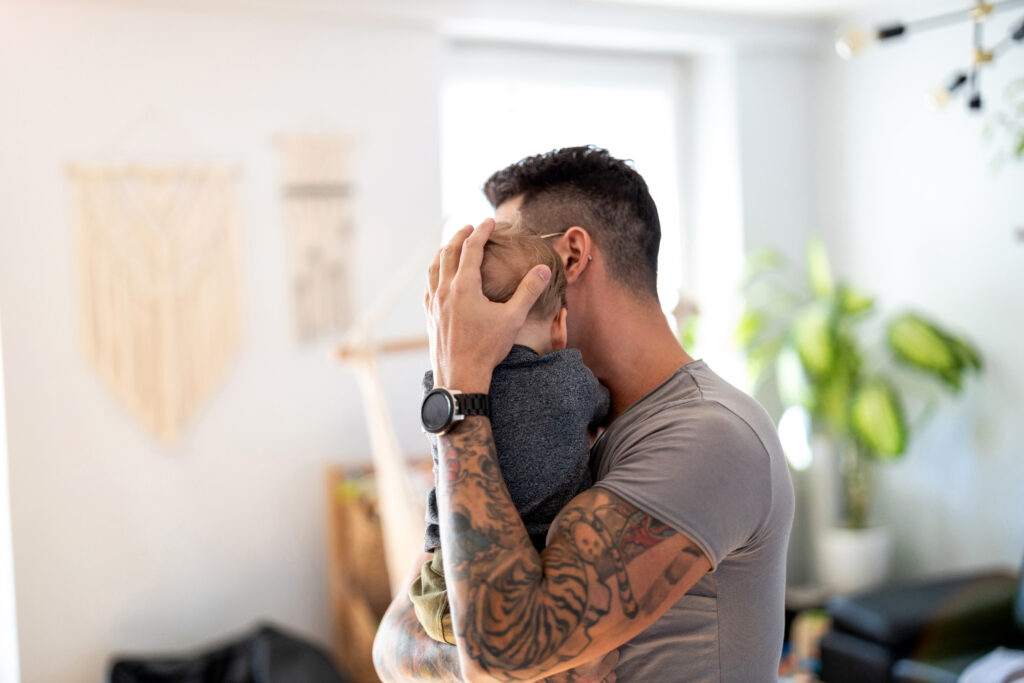While we often focus on providing valuable information for veterans, we recognise that their military journey and transition to civilian life is a shared experience with their partners and families.
This article is dedicated to acknowledging your journey as a veteran partner or family member. We explore the challenges you may face, the importance of prioritising your own wellbeing and ways to build a strong foundation of support for you and your family as a whole.
Life as a veteran’s partner, navigating life between military and civilian worlds, comes with its own set of challenges. You may have experienced frequent relocations, the loneliness and isolation of navigating family life solo during deployments and field exercises, or the uncertainty of finding a new normal as your partner transitions to civilian life. Defence spouses and partners are a tough breed!
Understandably, the unique aspects of Defence life can take a toll on your mental and physical health, yet you may have put your needs at the bottom of the priority list, or felt uncomfortable speaking up about challenges you might be facing.
It’s important to acknowledge that your health and wellbeing are just as important as your partner’s. In fact, they’re crucial to the strength of your family unit and the new chapter of your life after service.
Find your support network
Your partner may have an extensive support network, but is that true for you?
Do you have people to talk to who understand your experience?
Everyone has different comfort levels when opening up about how they’re coping or not coping. The key is finding a network where you feel safe sharing your experience and asking for help if needed.
This could be through:
Face-to-face counselling services and group programs with Open Arms
The Defence, Veterans’ and Families’ Acute Support Package
Support from a GP or mental health professional
Quality time with family and friends
If you wish to share your experiences, you may consider participating in the Veteran Families Policy Forum, a collaboration between the government and DVA. Your unique insights can help improve access to services and make a meaningful difference for families like yours and the wider veteran community.
Communicate openly with your partner
Be clear that you’re a partnership, and you’ve been along for the ride too. Working together is essential for your wellbeing, just as much as theirs, and the health of your relationship.
You can support each other as a team by creating a two-way dialogue where you can share your experiences, challenges and needs. It can also help bring awareness to where you may need external support. Communication is the first step towards taking action to find the right care.

Empower your kids
If you have children, your kids will experience Defence life in their own way, just like you. Programs designed for children of ADF families, such as Kookaburra Kids and Defence Kidz, can help them feel understood and connected.
These organisations teach kids age-appropriate coping skills and allow them to spend time with peers facing similar challenges. It’s a great way for them to build their own support community and, more importantly, have some fun.
Prioritise rest and time for yourself
You can’t pour from an empty cup. This is particularly important if you’re experiencing carer’s fatigue while supporting a partner who has been medically discharged.
Taking care of yourself and seeking support isn’t selfish; it’s necessary. Rest and recharge will look different for everyone – it could be time outdoors, socialising, reading, or exercising.
Give yourself permission to prioritise self-care by recognising and openly expressing your needs so you can find what works for you and make it a non-negotiable part of your daily life.
Do you need help to take the first step?
If you feel overwhelmed or need guidance about where to start, we’re here to help you. You can contact GO2 Health on (07) 3355 5540 to book an appointment with a GP.
Our care model supports veterans discharging from military service, providing physical and psychological support for 12-18 months. You’re part of this process, and this care extends to you as partners and family members.
Whether you’re reaching out for yourself or your children, we can help you access the resources and support you need to thrive as a family after service.
If you have safety concerns for you or your family, there is help available. You can call the National Sexual Assault, Family & Domestic Violence Counselling Line anonymously on 1800 RESPECT (1800 737 732).
Originally posted 12 December, 2024.


